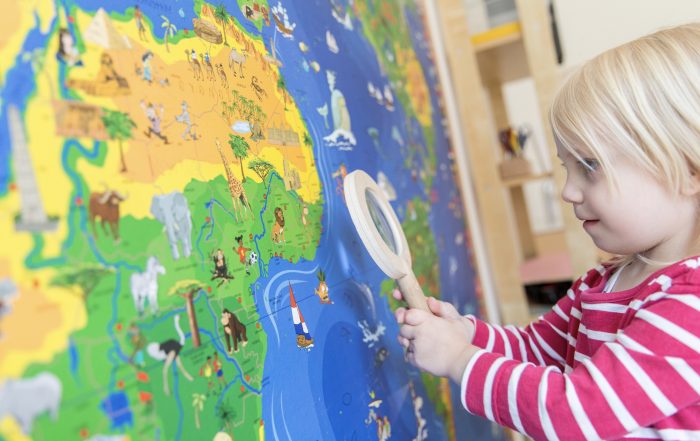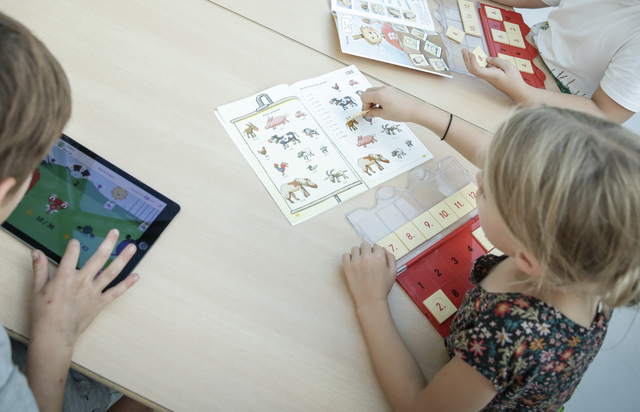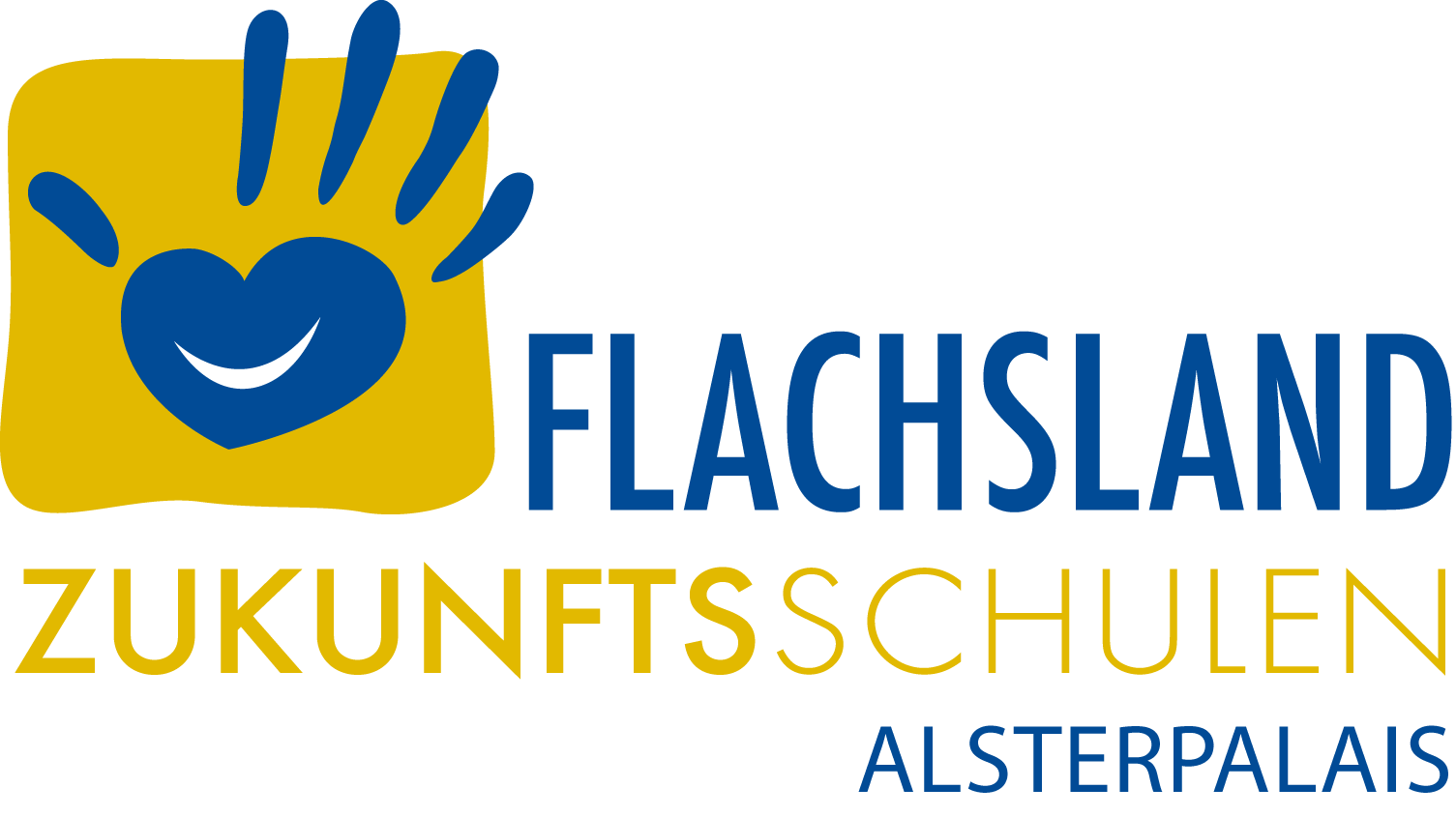Bilingualism
Everyday life at the Bildungshaus is bilingual. We have chosen the global language of English as our second language in order to give the younger and older children the best possible chance of participating in this globally networked world.
We work on the principle of immersion. The children learn English automatically through experience and use of the language in all possible situations and contexts in the same way as they learn their mother tongue. From the creche through to their final year they are always accompanied by pedagogues who speak English at a native level and who communicate in this language at all times.
Our objective is to achieve good and stable relationships between children and adults at our Bildungshaus. For this reason our bilingual pedagogues make sure to maintain authentic exchanges in both languages, depending on a child’s age and stage of development.
Hand in hand with our appreciative approach to other cultures and languages we also respect all the different mother tongues of the children and consider exchanges in different languages to be enriching.
Experience has shown that children who move to us from other schools and who did not have the opportunity to learn bilingually before this still manage to learn bilingually at our Bildungshaus after a short period of acclimatisation.

Bilingualism at the childcare

In our childcare we work in accordance with the principle of ‘one person – one language’. The children spend the whole day with pedagogues who communicate only in English but who understand German.
We have both English and German books – and each room is signposted in both languages. In this way the children at our centre experience the English language as a normal aspect of their daily lives.
Our aim is not that children speak perfect English before they start school. Our experience has shown that they understand English very well by the time they leave the childcare centre.
Bilingualism at the primary school
From the first year of school onwards we teach in principle in bilingual teams of two. One member of the pedagogues in each team will take over the role of English speaker.
As the children know after a short time that the bilingual pedagogues are also able to understand and speak German we move away here from the strict principle of ‘one person – one language’. We have found that the schoolchildren can handle this very well. The pedagogues may also decide to speak German, depending on the situation and the needs of an individual child.
At the same time the schoolchildren experience the English language as a normal part of communication in our Bildungshaus. In accordance with the immersive approach they are surrounded by English in music and sport lessons as well as in interdisciplinary project lessons.
In addition to this English is one of our basic competences and is taught from grade 1 alongside Maths and German.
From grade 6 onwards we also offer Spanish to the children as a second foreign language.

Bilingualism in the secondary school

We have found that the children in the higher years of our school no longer consider English to be a foreign language. Communication takes place in both languages as a matter of course.
The children continue to be accompanied by a bilingual team of two in grades 7 and 8. Everyday activities remain bilingual in grades 9 and 10 also. However in these years there is only one reference teacher and he or she could also be a native English speaker. Whether the language of choice is German or English in lessons or project classes, for examples in social or natural sciences, depends on the mother tongue of the pedagogue.
English is an examination subject in all external final exams.
